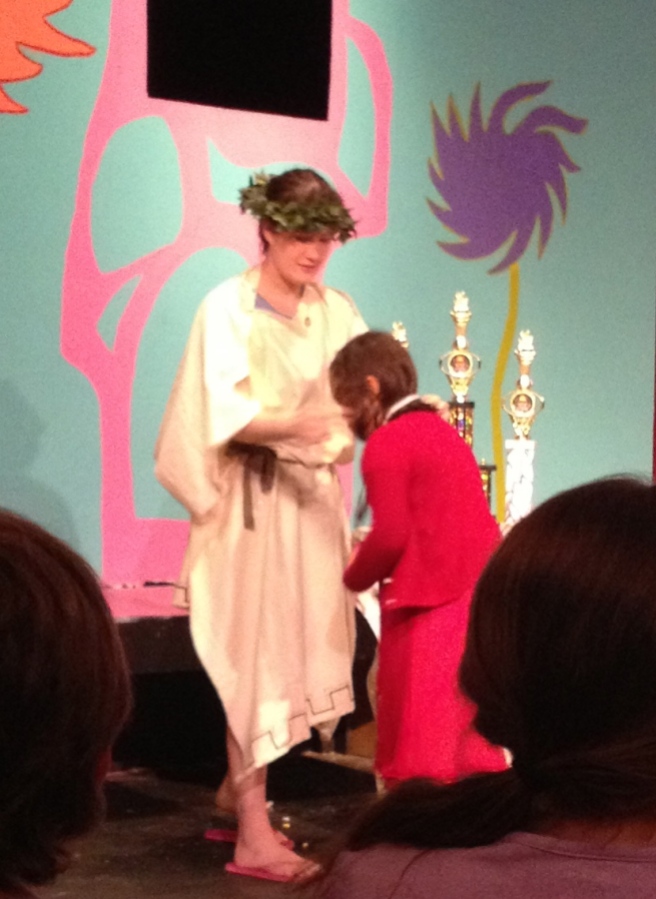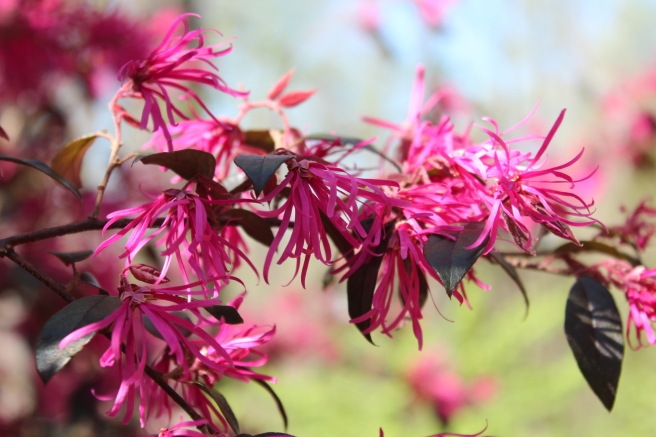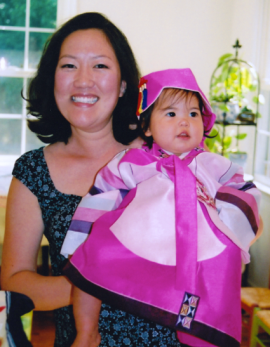This evening my family attended an IMPACT meeting that filled the John Paul Jones Arena. IMPACT stands for Interfaith Movement Promoting Action by Congregations Together. Quakers, Mennonites, Jews, Presbyterians, Catholics, Muslims, Baptists, Pentecostalists, Unitarians…26 member congregations in all come together once a year to address an issue of social justice in the Charlottesville area in what is known as a “Nehemiah Action,” modeled after the “Great Assembly” described in the book of Nehemiah.
IMPACT is a well-organized grassroots movement that has made a meaningful difference for thousands of the most vulnerable members of our community. Every fall, the group conducts research to study and identify areas of concern. The group identifies a specific issue to address and draws up a practical proposal to solve or alleviate the problem. Congregation members are then mobilized in the kind of numbers that are meaningful to policy-makers, who are also invited to attend the Nehemiah Action.
In the past, IMPACT has addressed issues such as public transportation, health care, and affordable housing. Here are just a few of IMPACT’s success stories:
- Lobbying for Sunday bus service, night bus service, and the creation of a new bus route between the county office building and low-income neighborhoods.
- The creation of the Free Dental Clinic, which serves uninsured patients, who had to go without dental care or who had to be seen in emergency rooms
- The creation of the Healthy Transitions Program, which provides immediate and on-going medication and therapy for people who have recently been released from jail or prison.
This year, the organization targeted two main concerns: homelessness and employment for youth.
- To address the pressing need of more than 500 children and young people in our community who are currently homeless or on the verge of becoming homeless, IMPACT has proposed the establishment of a coordinated strategy to move people into permanent housing under the leadership of a “Roundtable to Reduce Homelessness.”
- To address the serious problem of unemployment for young adults, IMPACT has asked the University of Virginia Health System and Martha Jefferson Hospital to sponsor a job-training program that would open the way for thousands of young adults to enter the workforce, while also providing the hospitals with much-needed skilled workers.
It was inspiring to participate in this assembly of people of many faiths, races, and socio-economic backgrounds, who were all united and committed to social justice not only in words, but in deeds.
Learn more about IMPACT here: http://impactcville.com





































































